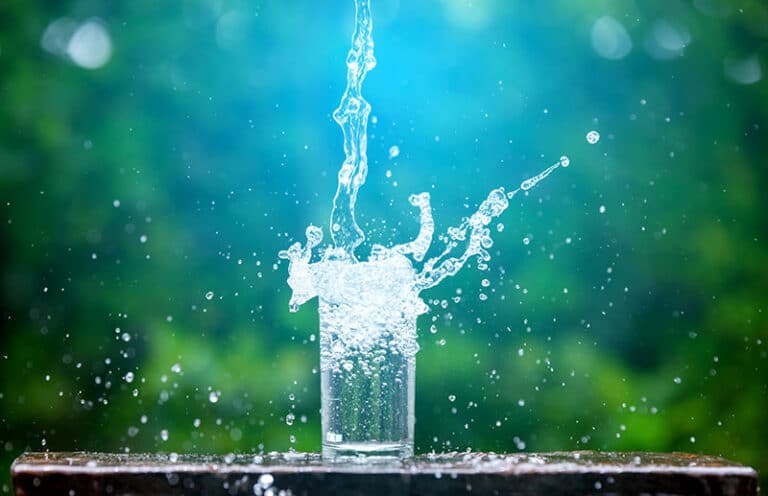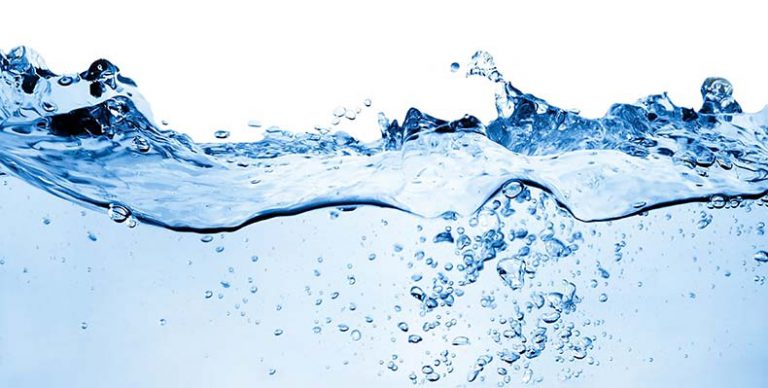
How Water Filtration Systems Improve Your Well-Being
Have you ever wondered how something as simple as water can be a game changer for your family’s health and well-being? Water quality can affect

Have you ever wondered how something as simple as water can be a game changer for your family’s health and well-being? Water quality can affect

Installing a water filtration system in your home will improve the taste of your drinking water and help remove any dangerous microorganisms that might have
There are several types of water filtration systems available, each designed to address specific contaminants and improve water quality. Common types include activated carbon filters, reverse osmosis systems, and UV purifiers. Understanding these systems can help homeowners choose the best option for their needs.
For instance, activated carbon filters are effective at removing chlorine and sediment, making them ideal for improving taste and odor. Reverse osmosis systems provide thorough purification by removing a wide range of impurities, including heavy metals and dissolved solids. Meanwhile, UV purifiers use ultraviolet light to kill harmful microorganisms, making them a great choice for those concerned about biological contaminants.
Installing a water filtration system offers numerous benefits that go beyond just improved taste. These systems can significantly reduce health risks associated with contaminated water, providing peace of mind for families. Clean water is essential for cooking, drinking, and even bathing, making filtration a crucial investment.
Moreover, water filtration systems can lead to cost savings over time. By reducing reliance on bottled water and minimizing plumbing issues caused by sediment buildup, homeowners can enjoy both health benefits and economic advantages. Studies have shown that households using filtration systems report higher satisfaction with their water quality, leading to better overall well-being.
To ensure optimal performance, regular maintenance of your water filtration system is essential. This includes routine filter changes, system checks, and cleaning components as necessary. Neglecting maintenance can lead to reduced efficiency and compromised water quality.
For example, most carbon filters should be replaced every six months, while reverse osmosis membranes may last between two to five years depending on usage. Regularly checking for leaks and monitoring water pressure can help identify issues before they escalate, ensuring your system continues to provide clean, safe water for your household.
Selecting the appropriate water filtration system involves considering factors such as water quality, household size, and specific contaminants present in your water supply. Homeowners should start by testing their water to identify any harmful substances that need to be addressed.
Once you have a clear understanding of your water quality, you can explore systems that cater to those needs. For instance, a large family may benefit from a whole-house filtration system, while a smaller household might find a point-of-use filter sufficient. Consulting with a plumbing professional can provide additional insights and recommendations tailored to your specific situation.